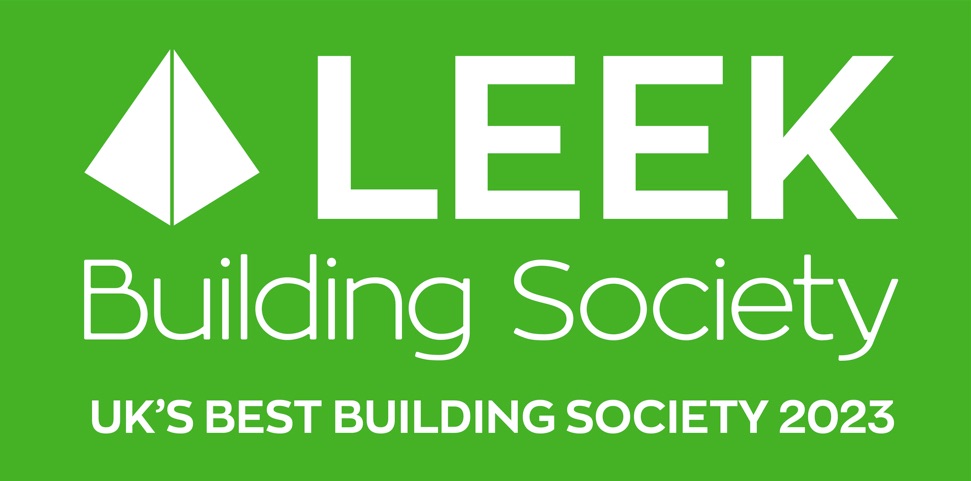Cookies on this website
We use cookies to help improve our website and personalise your experience.
Select "Accept All" to allow all cookies or click "Change Settings" to choose which data we collect. To find out more about the cookies we use, please see our cookie policy.










